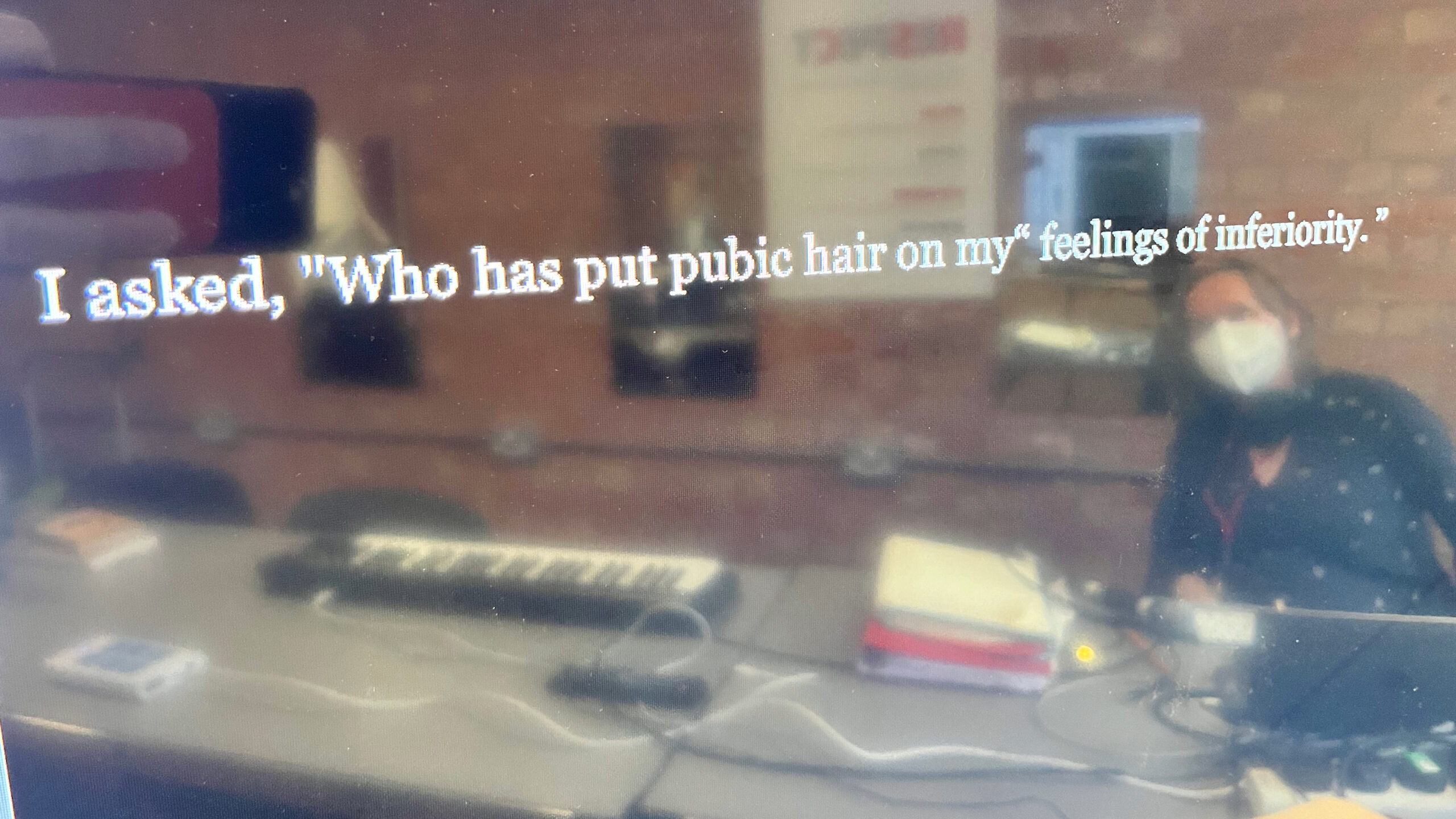What is AI ?
Artificial Intelligence (AI) has made significant strides in recent years, radically transforming various aspects of society. In its current form, AI encompasses a range of technologies and techniques, including
- machine learning
- natural language processing
- computer vision and
- deep learning
These technologies have found applications across industries such as healthcare, finance,transportation, and entertainment and will, over the next 10 years, radically transform oursociety.
There are considerable concerns with the impact AI will have on humanity. The models /data sets they work off are inherently bias due to their ownership and design by a handfulof heavily resourced, largely unregulated tech companies.
Impact of AI on Storytelling and Creative Artforms such as theatre:
Artistic Creation
AI will be the largest enabler of written content, music, and visual art this decade. Forexample, AI-powered tools can write creative works including full plays, create‘photography’ and visual art, compose music from prompts – visual models such as DALLE and MidJourney are soon to be capable of creating not just imagery, but full 3D worlds forplatforms like video games and virtual production. Whereas AI is currently easy to spot when working creatively, it is widely used to assist the creation process – fundamentally changing the process by which our artists author works.
Digital Media & Content
Filmmakers and video game developers are using AI to enhance special effects, animation, and virtual worlds. AI-driven tools can generate realistic facial expressions, landscapes, and characters, reducing the time and cost of production by reducing artistic input from writers, directors and actors.
Cultural Consumption
Streaming platforms and social media leverage AI algorithms to curate and recommend content to users. This impacts how people discover and engage with creative works, reshaping the entertainment industry.
Process
As part of the 2022 RSC Rothschild Digital Fellowships, theatre maker Kirsty Housley set out to explore how women’s voices are policed through technology and digital tools. Her work investigates the bias’s inherent in the sector and how that bias impacts the creation of new technologies.
Kirsty explored how AI biases in voice assistants, search engines and LLM’s seemed to be the latest instalment in a continuum of women’s voices being discredited throughout human history. Taking inspiration from Cassandra, Rachel Carson (whose extraordinary book Silent Spring was discredited by her male counterparts who repeatedly called her a hysterical housewife), Brooksley Born, Anita Hill and a thousand other women who weren’t believed and should have been, Kirsty looked at how history is repeating itself through the technology we now use, and the ways in which we might instead use it to break these cycles.
Kirsty focused on where AI is heading through her Fellowship. She looked at gender and voice both physically and politically to explore voice modification, audience interaction with voice AI and dig more into Rachel’s story. She also explored how audiences might like to interact with this technology and how artists could combine it with storytelling.
Collaborations
Kirsty put out a call to sound artists and composers to collaborate, and this resulted in her working with Ivor Novello Award winning composer Sarah Angliss. Sarah’s music explores the sonorities of voices and ancient instruments, revealing and augmenting them with her distinctive electronic techniques. Together they experimented to push the boundaries of sound, technology and voice.
In her presentation Kirsty used an actor to present her work experimenting with words from Anita Hill, Christine Ford, and Greta Thunberg to create new sentences, with the same things said but in different ways.
Sarah Angliss, composer and sound artist, continued to explore Respeecher beyond the fellowship in her own practice. The video below is an experiment with voice cloning – rendered from a single male voice reading Lady Macbeth’s Unsex Me Here soliloquy.
Sarah used MaxMSP, Processing and Respeecher as tools here.
Inspiration & tools
Holly+ is Holly Herndon’s digital twin. The custom voice instrument and website by Never Before Heard Sounds allows for anyone to upload polyphonic audio and receive a download of that music sung back in Herndon’s distinctive voice. In the fast approaching era of deepfakes, Herndon embraces the utility of the near future of this technology rather than be disempowered by it. This creative and economic experiment proposes a way for artists to take control of their digital selves without obstructing experimentation with punitive copyright lawsuits.
“I love Holly Herndon. Here she’s cloned herself vocally and is allowing anyone to use her voice, via Holly +, to create art. Holly + is also a DAO (decentralised autonomous organisation). Holly + was made in collaboration with Never Before Heard sounds, so I had a meeting with them and talked about how their pre existing software might be used by us to create a live piece of work, using the voices of the women who are in the room on the day. You’d never experience the same soundtrack twice.” KIRSTY HOUSLEY
Respeecher is an AI-powered Voice Marketplace that offers voice cloning services for content creators, including filmmakers, game creators, voice actors, and YouTubers. With Respeecher, users can speak in another person’s voice while preserving emotions, volumes, and emphasis, enabling them to create unique and engaging content.
